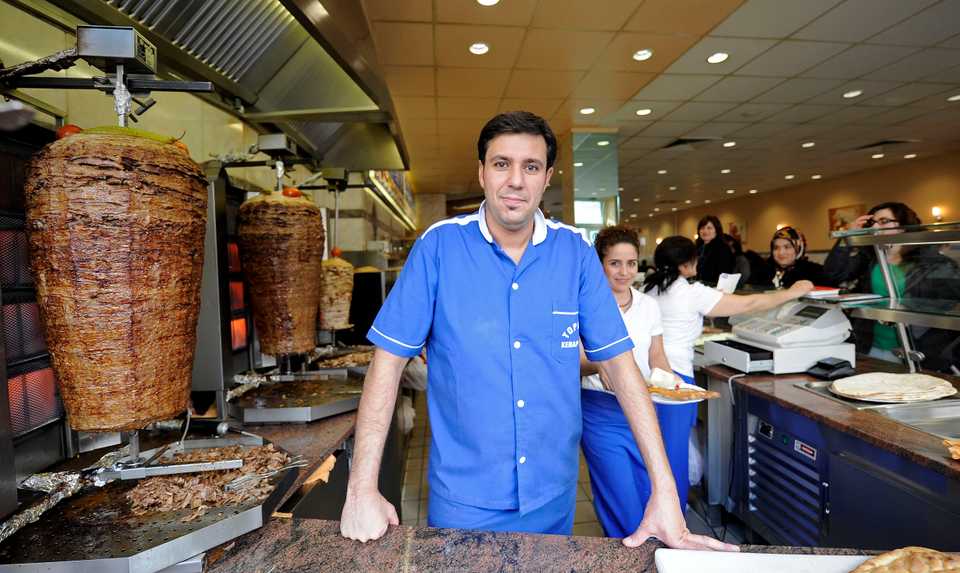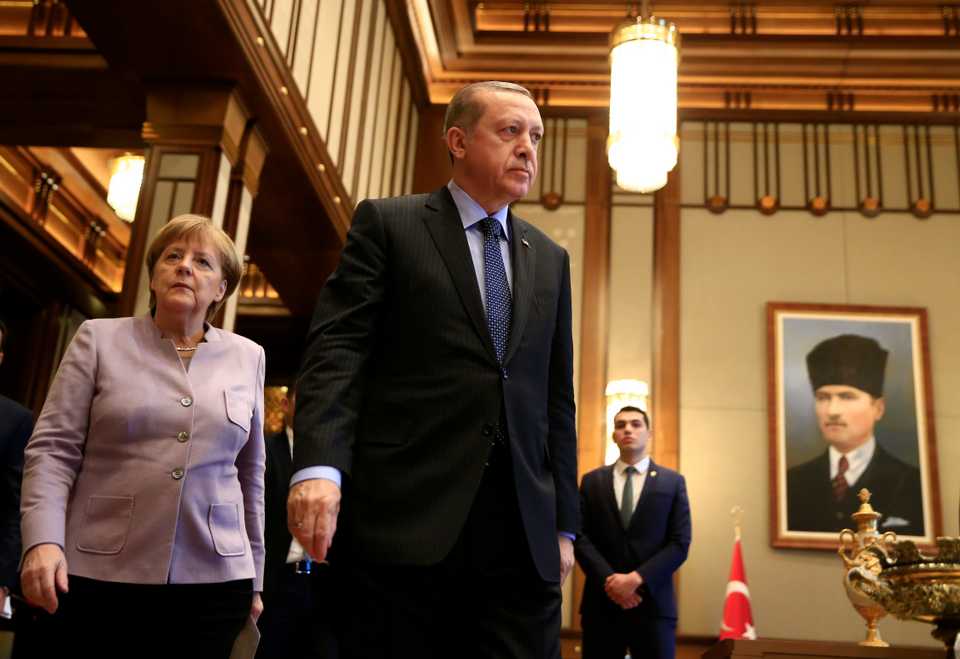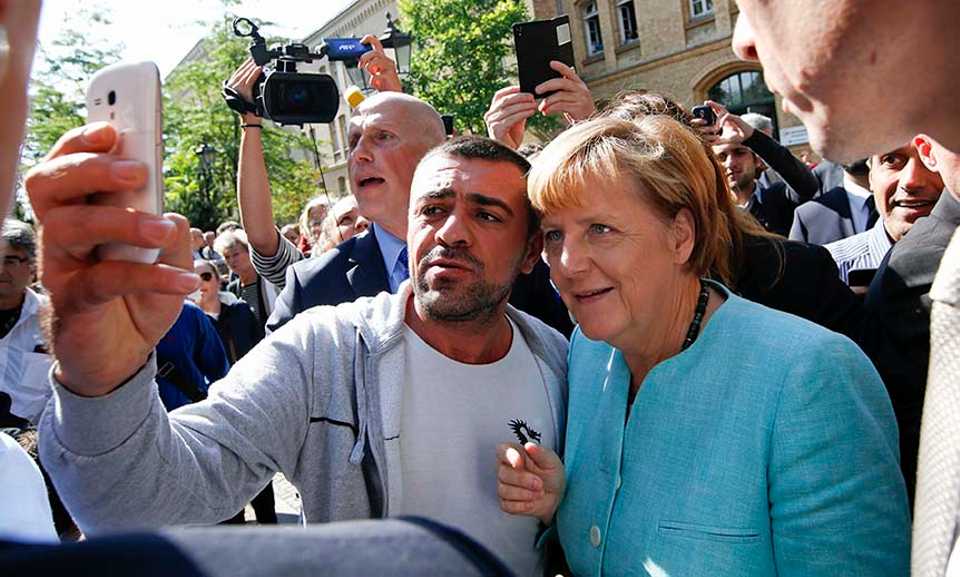
Why are they becoming a central issue in Germany’s elections?
Germany’s voters of Turkish origin account for 1.2 million of the nation’s 61 million eligible voters and are being used by German politicians to drum up anti-Turkish rhetoric.
But they also have the potential to sway an upcoming national vote on Sunday, September 24.
“As German citizens of Turkish descent, we have difficulties in voting for a political party, because almost all of them promote either an anti-Turkey attitude or anti-Islamic discourse. We have very few alternatives here,” General Vice President of the Union of European Turkish Democrats (UETD), Bulent Guven said.
“People will vote for the least unpleasant choice,” he added.
There are about three million citizens of Turkish origin in Germany. Many traditionally voted for the Social Democratic Party of Germany (SPD), a group that advocated for the rights of foreigners and disadvantaged groups in society.
But in this election who Turks will vote for is by no means a sure thing.
Many are now feeling increasingly alienated by German political parties, a survey conducted by the UETD, an influential Turkish diaspora organisation in Europe showed.
In the survey conducted among 1,000 people, 41 percent were not sure who they would vote for and 15 percent said they would not cast their ballots, Anadolou Agency reported.
The main candidates have also ratcheted up the pressure towards Turks in Germany.

In a televised debate last week, German Chancellor Angela Merkel and Social Democrat Martin Schulz competed to score electoral points in an effort to slam Turkey.
“Due to its newly-emerging anti-Turkish approach, SPD may lose its place in the hearts of Turkish voters,” Guven said. “Germans and German politicians are misreading developments in Turkey.”
What’s at the heart of the Ankara-Berlin row?
“The crisis between Germany and Turkey is not something new but it has intensified,” Enes Bayrakli, a researcher at the think tank, SETA foundation said.

Relations between Ankara and Berlin have deteriorated since 2013, when Germany blocked Turkey’s European Union (EU) accession talks in response to demonstrations in Istanbul.
“In recent years however, Germany has experienced a transformation in its foreign policy. It was less aggressive and more neutral in the past,” Bayrakli said.
He said the relationship is asymmetric and Turkey wants it to evolve into an equal partnership.
“And Germany is not OK with it.”
The Turkish presence in Germany dates back to October 1961, when they were invited to enter West Germany as guest workers on temporary contracts for up to two years. In 1974, they were granted family reunification rights and this significantly increased their presence.

Why has the Turkish president asked Turks in Germany to boycott the main parties?
During Turkey’s April referendum, German politicians called on Turkish-origin voters to reject the proposed constitutional changes.
SPD leader Schulz said Turks in Germany should vote “no.” Many Turks saw this as interference in Turkish domestic affairs.
Turkey’s President Recep Tayyip Erdogan fired back, saying Turks should show their dissatisfaction with Germany’s meddling through their votes in the upcoming federal elections.
“I am calling on all my countrymen in Germany: the Christian Democrats, SDP, the Green Party are all enemies of Turkey. Support those political parties who are not enemies of Turkey,” he said.
By not voting for the main players, the Turkish vote has the potential to change the German political landscape.
“If Turks vote for small parties or the Free Democratic Party in the election, instead of the major ones, this would send a message to German politicians, Bayrakli said.

Do German Turks have political clout?
Not much – but in race this tight, every vote matters.
There are two political parties that have been been catering to Germans of Turkish descent. It’s the first time both will contest in the federal elections. The parties are active at the local level but are yet to leave their mark on a national scale.
Even if all Turkish-origin voters were to vote for these parties, Bayrakli said it may not give them enough votes to secure a place at the table.
An added concern is that conservative Muslim Turks are struggling to get a footing in influential political parties and don’t rise through the ranks.

Are tensions likely to ease after the federal elections?
It’s hard to say.
“Election times are when problems are fuelled. But I think the crisis will continue unless Germany acknowledges that it can not change Turkey’s stance in the international arena,” Bayrakli said.
Guven, who lives between Istanbul and Hamburg said ties between both nations run deep and therefore problems must be resolved.
“Germany and Turkey are two countries integrated in each other both economically and sociologically. There are more than 100,000 interracial marriages between Turks and Germans in Germany. They have thousands of children. We should build new relations.”










Discussion about this post